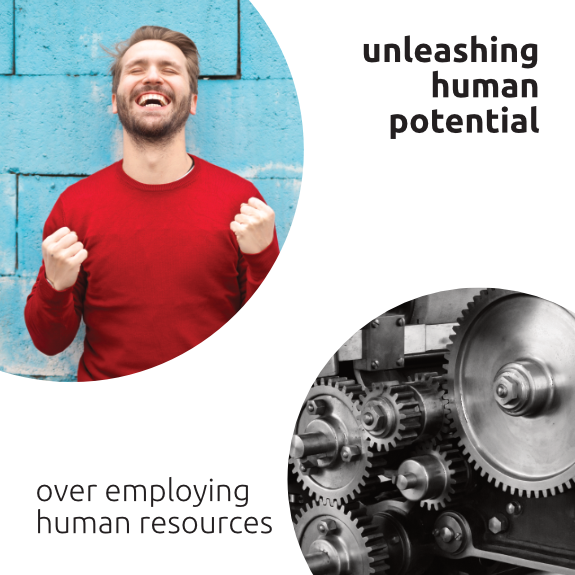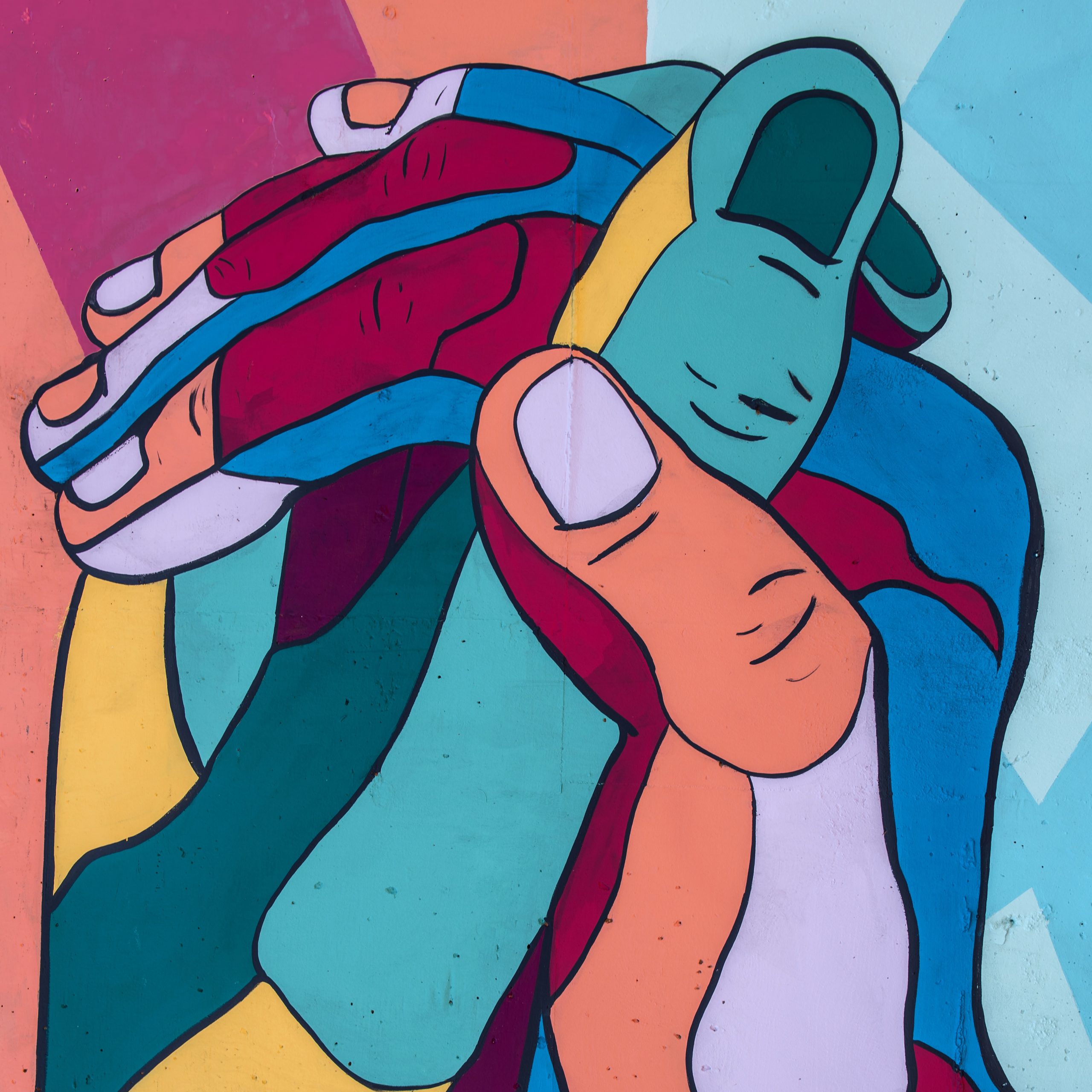This is the title of a central chapter in Bodo Janssen’s new book “Kraftquelle Tradition. Benediktinische Lebenskunst für heute” (Amazon Affiliate-Link). Companies are more than just places of value creation and their purpose certainly is not profit. The economic success is the result of the self-actualization of the members in this workshop for prosperous life. A refreshingly different way of looking at companies and the purpose of companies, in which the human being is not only a means, but is actually at its core.
But the workshop in which we perform all these works with diligence is the enclosure of the monastery, and stability in the community.
Regula Benedicti (4,78)
This sentence concludes the fourth chapter of the Regula Benedicti, the Rule of Saint Benedict, written by Benedict of Nursia around 540 to help organize life in the monastery of Monte Cassino, which he founded. Since then it has formed the basis of the Benedictine Order. And since his stays in various Benedictine monasteries, this Regula Benedicti now inspires and leads Bodo Janssen in the radical and successful transformation of his hotel chain Upstalsboom into a workshop for prosperous life.

The term workshop immediately raises the question of which instruments should be used there. Benedict of Nursia gives the answer in exactly this fourth chapter in the form of 73 “Instruments of Good Works”, which are basically good habits for a successful life. For Bodo Janssen, these good habits contain the “answer to the question: What can I do every day to make my life a success, to make my time with my work and the people around me a joy?” A question we should ask ourselves much more often.
Let no one follow what he thinketh useful to himself, but rather to another.
Regula Benedicti (72,7)
Already 1500 years ago the principle of equal dignity was of central importance for Benedict of Nursia, which was at least as radically different in the social order of the early Middle Ages as we feel it today in our hierarchically structured culture. While our actions today are often guided by the ego-centered question “What do I gain from the existence of others and the community?”, Benedict of Nursia is concerned with the opposite question: “What does the community gain from my existence?” Thus the community has much more the character of a network than of a hierarchy and this network lives from the individual contributions.

For Benedict of Nursia, work and life are not separated. There is no need for a work-life balance in the monastery. Work is life and work serves life. His goal was to organize the life of the community in such a way that it becomes a workshop for a prosperous life.
However, Benedict of Nursia does distinguish between different areas of life and tasks, which is clearly expressed by the rule “ora et labora”, i.e. “pray and work”. The times of prayer, silence and reflection are sacred in the sense that there is nothing more important. These seemingly unproductive pauses, during which the creative performance of the human mind demonstrably takes place, structure and calm the daily routine in the monastery. A small difference, which makes a big difference, as Bodo Janssen himself experienced during his visits to the monastery. So when we skip lunch again or when one meeting follows another in our calendar, we should remember that these times are sacred and that idleness is also essential.





